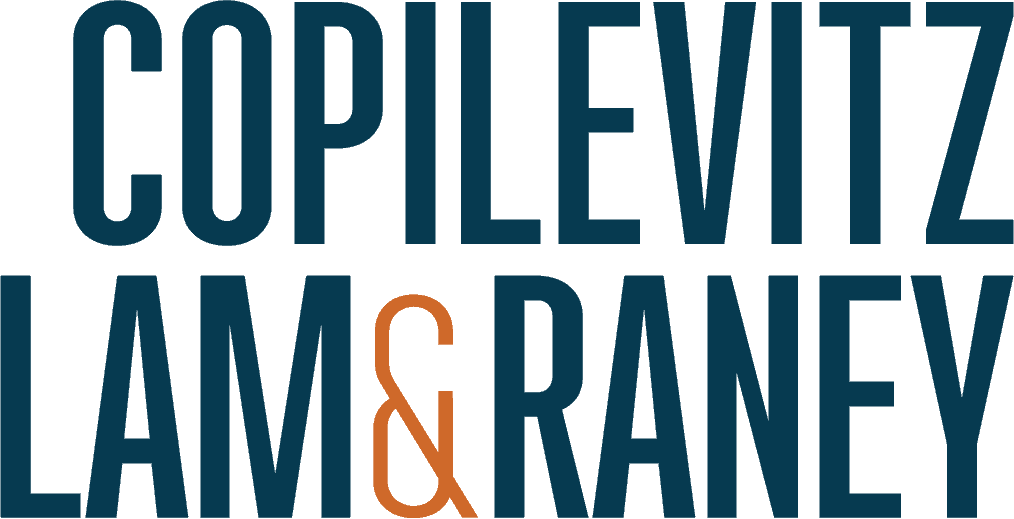On August 21, 2017, New York amended its telemarketing disclosure law to require prompt disclosure of whether the call is being recorded.
The law, which goes into effect immediately, applies to business to consumer sales calls.
Inbound calls are exempt, as are calls to businesses and calls which do not complete a sale until a later face-to-face meeting.
The law has an odd effect, however, because New York is a “one-party” consent state for purposes of call monitoring, that is—a person can legally record or monitor a telephone call with the consent of one party to the conversation. Federal law also requires “one-party” consent, but several states require that both or all parties to a conversation consent before it can be recorded (or monitored).
Consent need not be expressed and is “implied” if a person continues with a conversation despite knowledge it is being recorded, e.g. a beeping tone or a disclosure that the call is being recorded. Thus, if a consumer continues with a conversation after hearing the New York disclosure, the consumer’s consent is implied and the call will be legal in “two-party” consent states as well as “one-party” consent states like New York.
However, if a consumer ends the conversation there obviously is no consent.
Thus, New York has functionally become a “two-party” consent state. If a call continues past the disclosure, the caller now has the consent of both parties to it being recorded.
Another odd effect of this law is the language of the disclosure, which states “telemarketers shall provide all of the following information … when making a telemarketing call … whether the call is being recorded.”
What, then, is a disclosure required if the call is not being recorded? By its terms it appears the statute requires disclosure that the call is not being recorded.
This raises a significant constitutional issue as a disclosure is “forced speech” and the government is required to have a “compelling” interest in the disclosure. What possible interest could the government have in a disclosure that the call is not being recorded?
Unintended consequences are more common than you would think when Congress or a state legislature passes a law, and this new disclosure law is no different.
It will be interesting to see how it is enforced.
